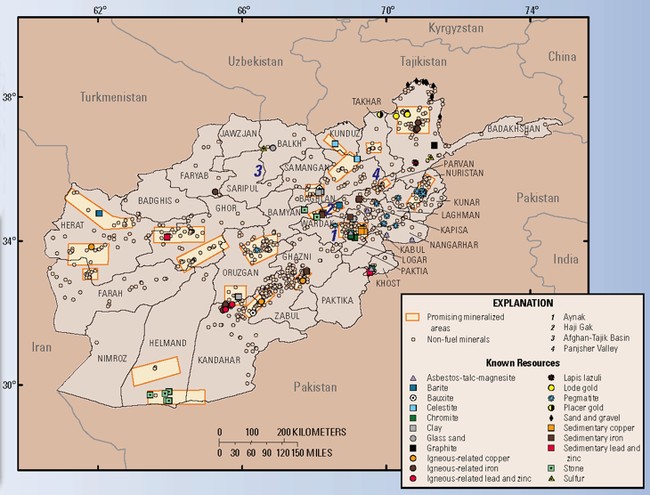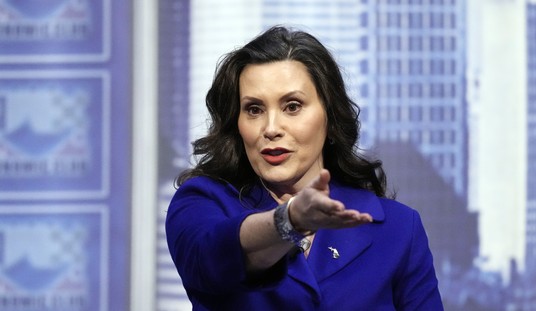The international crisis troubleshooter and founder of Blackwater, reflecting on the two-year anniversary of the fall of Kabul, and the stumbling of President Joseph R. Biden Jr. on the world stage, is ringing the alarm bell over China, Russia, and America’s future.
The United States is the leading country in the world, but when countries unwind, it is often a complete surprise to the people who live there, observed Navy SEAL veteran Erik Prince in an exclusive interview with RedState.com.
“I’ve been to enough countries right after that’s happened, and you know exactly how it happened—and so there is no place to go after America—and so we had to, we gotta get our act together,” Prince said.
“Here’s the thing, America is like a turbine engine, which is a magnificent piece of engineered machinery, and you can throw gravel and stuff in a turbine, but eventually that turbine comes apart in a blindingly fast, horrific event,” he said.
“We can continue to throw gravel in the, in the engine built by our forefathers racking up more debt, building a society that is less accountable, less educated, and less responsible–and eventually it can come apart, and then we’ll all sit around saying, ‘How did that happen?'” he added.
The Hillsdale College graduate said an example of the U.S. needing to get its act together is how no one was held accountable after the apparently unexpected Aug. 15, 2021, fall of the American-backed government in Afghanistan and how the Biden administration managed that aftermath.
“Nobody’s learned anything because there’s never been anyone held accountable for any of the failures for those 20 years,” he noted.
“We learned lessons not by ‘Kumbaya,’ none of the bureaucracy does,” he said. “The bureaucracy learned that if you continue to fail upwards, you’ll be rewarded by the system–and our enemies have learned that if you poke the bear long enough, the bear will eventually turn around and run away in shame.”
Early in President Donald J. Trump’s administration, Prince proposed an off-ramping of U.S. and NATO military operations in Afghanistan, based loosely on the East India Company’s stewardship of India under a British charter. This plan called for replacing Operation Freedom’s Sentinel with civilian contractors for the airlift, sustainment, and training missions.
Key to this plan was to create the stability required for the targeted development of Afghanistan’s mineral resources. These resources, valued at least $1 trillion, are now the development target of the Red Chinese, who are currently building up the necessary roads, processing facilities, power plants, and other infrastructure.

This is especially true for how the Chinese are pouncing on Afghanistan’s lithium deposits.
Prince said he does not expect the Chinese to fail.
“The Chinese have been much more effective at building out, spending money for that type of infrastructure to go after the resources,” he said.
This does not mean that his private-market model could not work in Afghanistan today, making a deal with a regional warlord or even the Taliban themselves, as the Chinese have done, he observed.
“The challenge the U.S. faces is that the State Department wants to control everything,” he said. “The more they try to control, the less they actually do, and to the detriment of private initiative or allied initiative.”
The one-time intern for retired California Republican Congressman Dana Rohrabacher said the long arm of the State Department and the rest of the federal government had suppressed American companies from operating and expanding overseas, noting:
Look at all the biggest mining companies in the world—the most active ones. Very few of them are American anymore. Why? Because Imperial U.S. law follows them everywhere for every possible environmental or labor violation that a mining company could, could possibly commit anywhere in the world, so most mining companies have given up on being American, they’re Canadian, Australian, British, or South African.
“If the U.S. were a stock, then I would say the stock value has been diminished over the last few years—and the credibility, the respect for, or even fear of from our opponents all have diminished.”














Join the conversation as a VIP Member